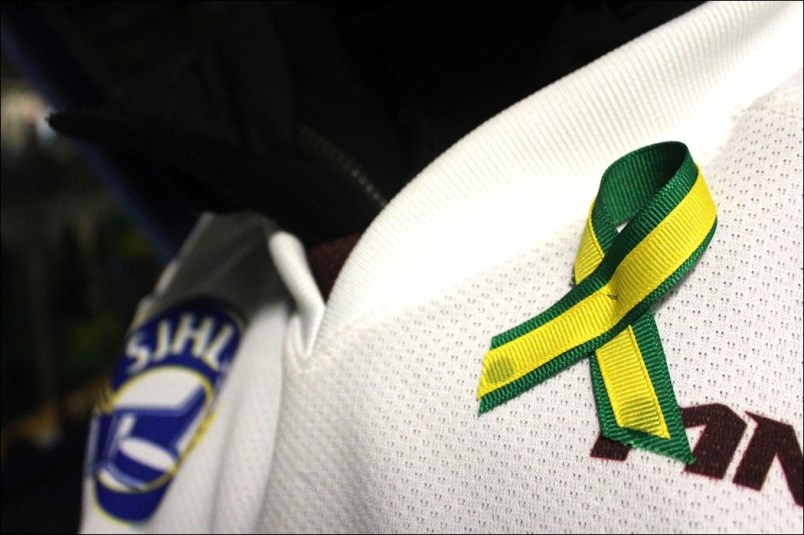I’ll admit, I always thought I was already registered as an organ and tissue donor. For some reason, I thought it was automatic; that you’d have to check a box for someone to not use your organs after death. That assumption makes some sense. Twenty-four countries in Europe have opt-out systems, so it would make sense that Canada would have something similar.
As it turns out, we don’t. You have to opt in.
I didn’t even bother checking until last spring after the Humboldt Broncos’ horrific bus crash. When I heard that one of the young men on the team, Logan Boulet, had registered as an organ donor, I knew I had to at least look into it. When I realized I wasn’t already registered, I fixed that immediately.
I know I was far from the only one who did that in the days following the wreck. So many people across Canada signed up as organ donors during that period that it garnered a name – the “Logan effect.” Sports Illustrated dedicated its most recent front page to an in-depth story about Boulet and organ donation. When you’re done reading this, find that and read it. I promise you won’t regret it.
Since the accident, Logan’s parents, Toby and Bernie, have taken on a new responsibility as organ donation advocates. They’ve taken the lead on a new, nationwide initiative on April 7 called “Green Shirt Day” in support of organ donation and awareness.
Organ donation is the most quintessentially Canadian thing I can think of – giving whatever you can to help, finding a way to assist someone, even when you seemingly can’t any more. In hockey terms, it is the ultimate team-player move.
In these columns, I don’t usually issue demands of the reader. It’s generally in bad taste to do so.
This time, I am making demands.
Go online and register as an organ donor. If you’re living in Manitoba, go to signupforlife.ca and register there. Saskatchewan residents can call the Saskatchewan Transplant Program at St. Paul’s Hospital in Saskatoon for more information. If you’ve got a Saskatchewan Health Card, get an organ and tissue donor sticker and put it on your card.
By the way, don’t forget to sign up for both organ and tissue donation. Registered organ donors volunteer to give the big bits, but tissue donors allow using the small stuff; the heart valves, corneas, cartilage, tendons, ligaments and other material. It’s just as vital, but it’s easy to leave the box that says “tissue donor” unchecked when signing up. The Transplant Manitoba Gift of Life program, Tissue Bank Manitoba and the Lions Eye Bank are always in the market for the smaller bits and pieces that can save and improve lives both now and down the road.
I don’t know about you, but if I’m in a position where I’m going to die, I don’t want plenty of fresh, relatively well-maintained organs going to waste. Use me like an old car at a junkyard. Grab whatever works and trash the rest.
Give my corneas to someone with degenerative eye problems. Give my kidneys to someone on dialysis. Leave my heart in San Francisco, if you have to, in the chest cavity of someone in need.
Please, at the very least, consider doing the same.
Hopefully, someday soon we won’t have to register, if existing rules around organ donation are changed and it’s made an opt-out matter instead of an opt-in one.
Until that day dawns, we’re all better off if we all opt in.




